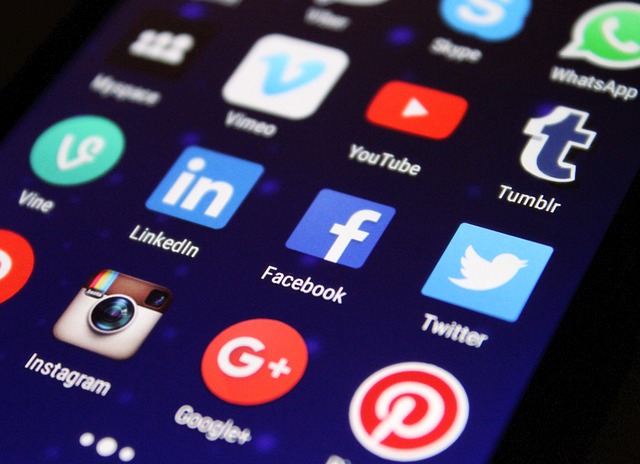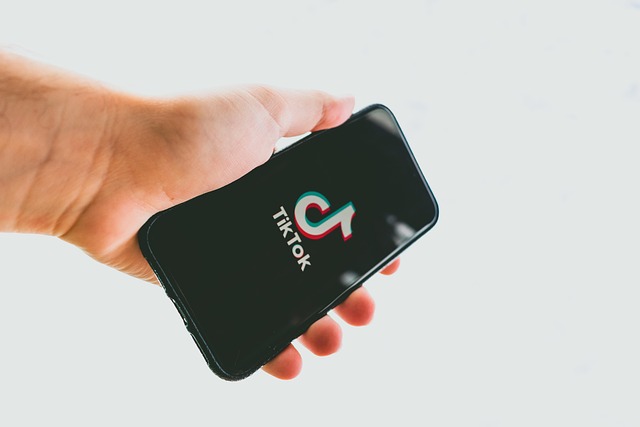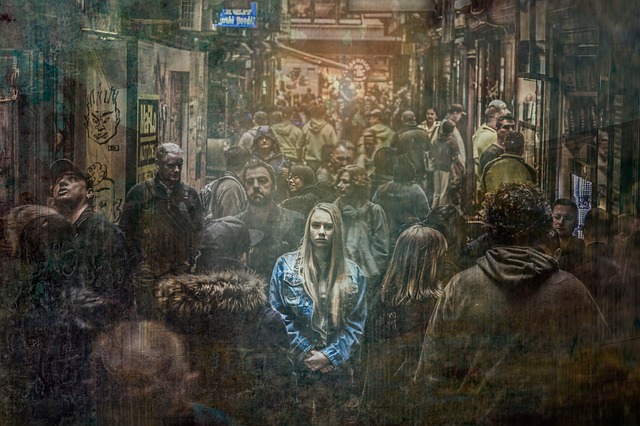Understanding Relational Responsibility in Social Media Contacts
In the digital age, social media has become a fundamental part of our lives, creating a vast web of connections that can shape the way we interact with one another. As we delve into the concept of relational responsibility in social media, it becomes clear that our online relationships carry significant weight, impacting not only our own lives but the lives of those around us.
The Impact of Social Media on Relationships
Social media platforms have transformed how we communicate, fostering connections that span continents and cultures. While the ability to connect with others is empowering, it also brings with it a unique set of responsibilities. When we share content online, we are not just broadcasting our thoughts; we are engaging in a dialogue that can influence opinions, emotions, and even mental health.
Relational responsibility in social media emphasizes the importance of being mindful about what we share and how we interact with our contacts. Each post, comment, or like has the potential to uplift or harm. Thus, understanding our role in these interactions is critical. Are we sharing information responsibly? Are we being empathetic to the differing perspectives of our contacts? These questions play a vital role in fostering a positive online environment.
Navigating Social Media Interactions
Consider the dynamics within our social media contacts. With each friend request accepted or every profile followed, we become part of an intricate network. It’s easy to forget that behind each profile picture is a person with feelings, struggles, and experiences. When discussing sensitive topics, exercising relational responsibility is paramount. Choosing our words carefully can prevent misunderstandings and foster respect among our connections.
The Ripple Effect of Our Actions
Our interactions on social media extend beyond the immediate post or message. The ripple effect means that our actions can impact not only our contacts but also their networks. A supportive comment can resonate through numerous interactions, promoting kindness and solidarity, while a thoughtless remark can lead to negativity spreading like wildfire. By adopting a mindset that values relational responsibility, we can actively work to create a supportive and positive atmosphere on our social platforms.
Building Meaningful Connections
Ultimately, relational responsibility in social media is about nurturing meaningful connections. It’s about recognizing that each interaction holds the potential for connection and understanding. As we cultivate our networks, we should prioritize empathy and consideration, making our online exchanges a source of positivity rather than division.
Let us strive to be responsible digital citizens, aware of the impact we can have on one another. By embracing relational responsibility, we can transform our social media experiences into opportunities for growth, connection, and genuine understanding.




